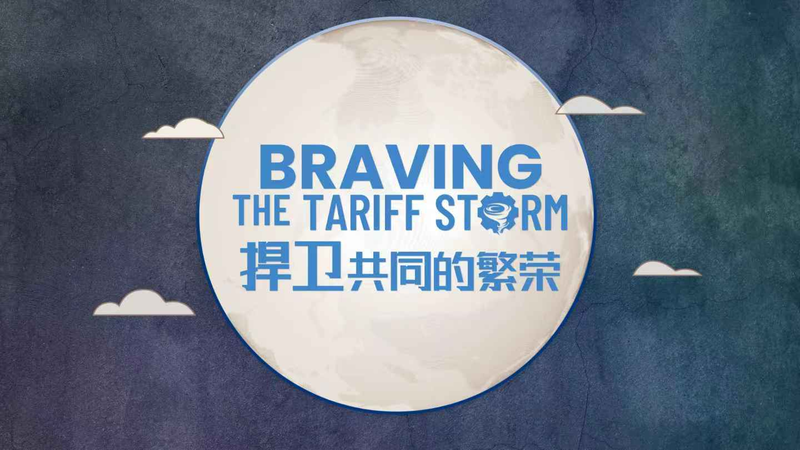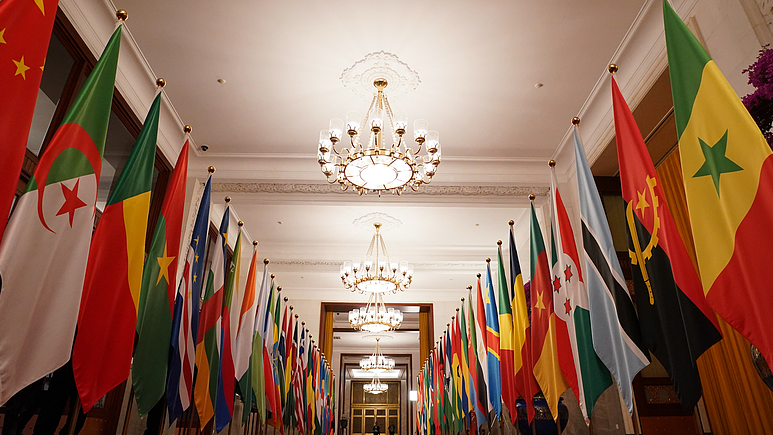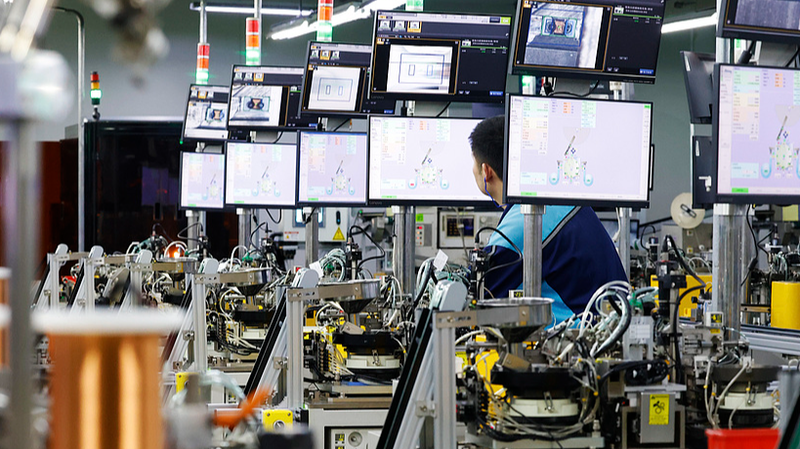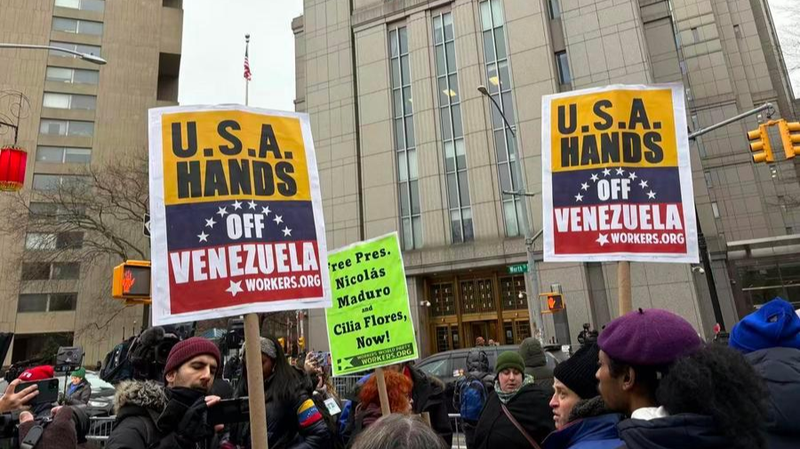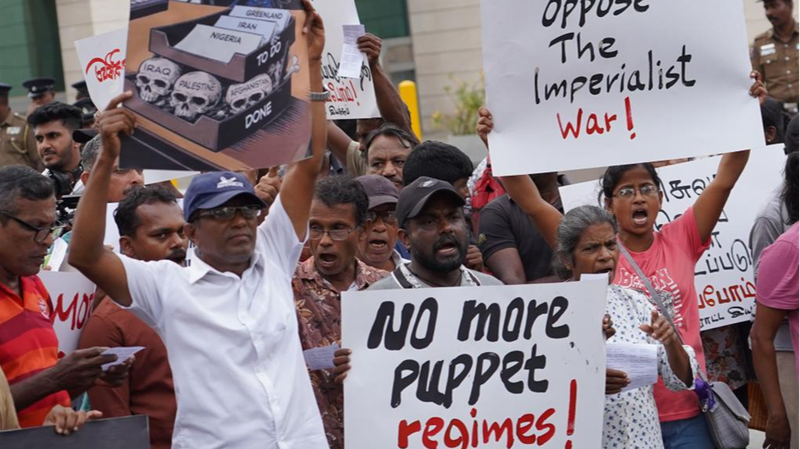In 2025, a dramatic shift in U.S. trade policy saw tariffs surge within just 100 days following Trump’s return to the White House. Promising "liberation," his team ended up raising barriers that have left a trail of economic challenges across the nation.
U.S. farmers, including Kentucky's soybean growers, now face bankruptcy, factories are closing, and consumers are paying a steep price. The ripple effects of zero-sum thinking are forcing many to ask: Who truly bears the cost?
Across Asia and Europe, countries are hedging their bets and exploring new avenues for cooperation. Rather than relying on coercion, these partners are opting for respect and collaboration—proving that building bridges can lead to more sustainable success.
Meanwhile, China moves differently by dropping tariffs for 43 least-developed countries and deepening ties with ASEAN, the EU, and the Global South. This open and firm approach underscores a commitment to constructive global engagement. 🌐🤝
In a world where connectivity is key, the future belongs to those who build bridges—not walls. As global trade recalibrates, nations are learning that cooperation and mutual respect pave the way for shared prosperity.
Reference(s):
cgtn.com
